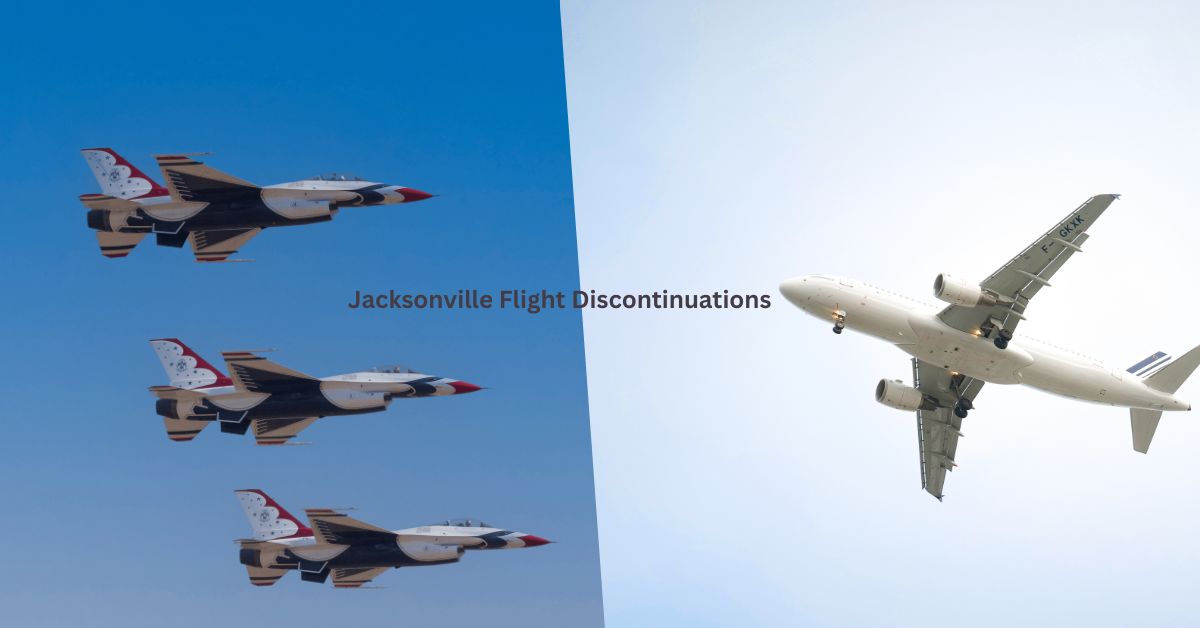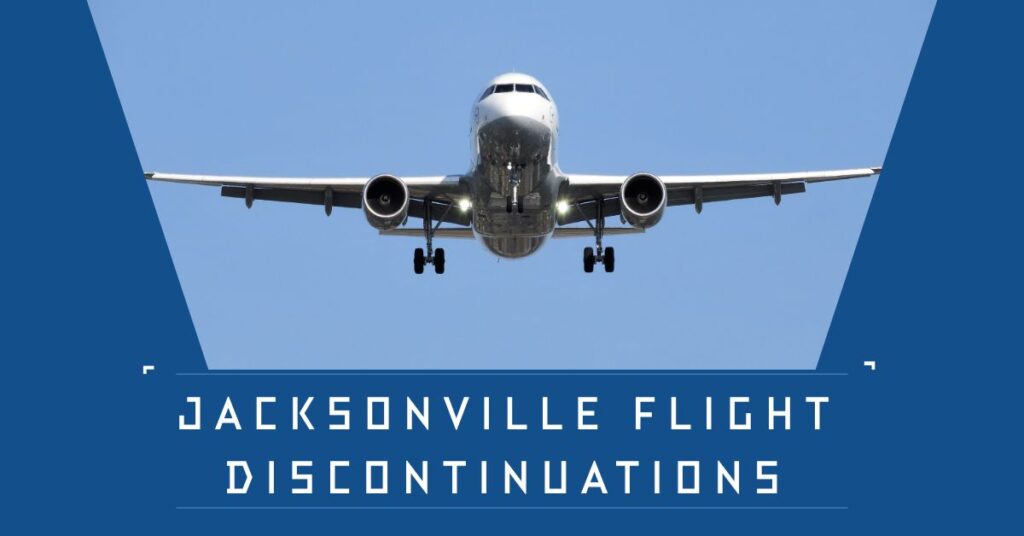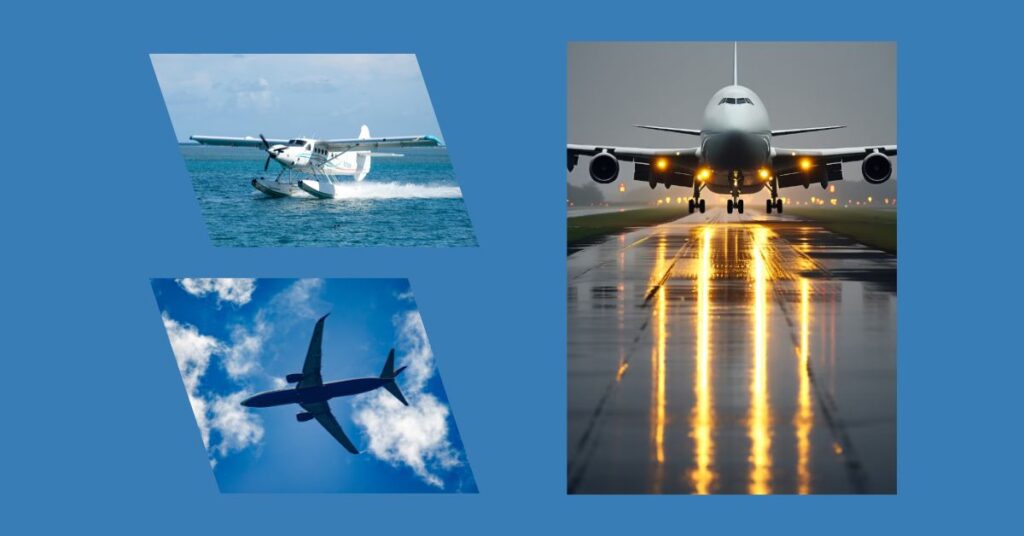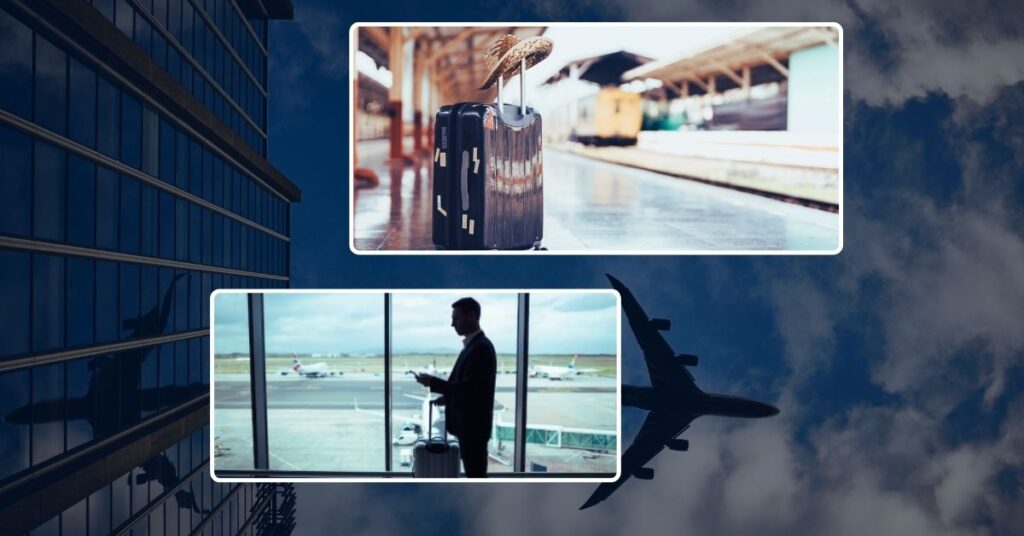Jacksonville Flight Discontinuations: What Travelers Need to Know

Connecting cities, promoting economic progress, and bolstering tourism all depend heavily on air travel. The Jacksonville Flight Discontinuations (JAX) has long been a vital transportation hub for Jacksonville, Florida, a quickly expanding metropolitan area with a flourishing business community and a strong tourist industry. Many frequent travellers and locals have, however, observed a concerning change in recent months: fewer flights available, the elimination of direct routes, and unannounced cancellations. Concern has been raised throughout the region by these Jacksonville Flight Discontinuations cancellations, particularly among local politicians, business travellers, and tourism operators who depend on strong air connectivity.
This article delves into the reasons behind the reductions in air service at JAX, the impact on travelers and the local economy, and how airport authorities are responding. Whether you’re a frequent flyer, a concerned resident, or a curious observer, understanding the forces at play will help you adapt to the changes and better navigate the evolving landscape of regional air travel.
Overview of Recent Jacksonville Flight Discontinuations
Numerous domestic flights to and from Jacksonville Flight Discontinuations have been reduced or eliminated by major carriers. Chicago, Austin, Kansas City, and even a few smaller regional airports have stopped offering their services. Longer layovers and fewer nonstop choices are now available to travellers using JAX.
Key U.S. cities are still served by Jacksonville, but the fewer and more limited flights have had a significant influence on travel planning.
Reasons Behind the Flight Cuts
Rising fuel prices, staffing difficulties, and the reallocation of resources to more lucrative hubs are the main causes of the discontinuations. Across the nation, airlines are prioritizing routes with strong demand and higher returns, frequently at the expense of smaller communities like Jacksonville.
Additionally, carriers still attempting to recover financially have made intentional cutbacks as a result of the COVID-19 pandemic’s aftereffects and changing travel patterns.

Impact on Travelers and the Local Economy
Travelers will have less flexibility, more stopovers, higher ticket costs, and fewer direct flights as a result of the changes. Tighter travel schedules and restricted access to key markets particularly affect business travelers.
Additionally, the local economy can suffer. Decreased flight connection might have an impact on travel, discourage corporate investments, and make Jacksonville less competitive when it comes to drawing in national conventions or corporate expansions.
Seasonal Influences on Flight Schedules
Seasons frequently affect flight availability, and Jacksonville is no different. Routes to Florida are frequently given priority by airlines during the winter, when travel to the state is at its highest. As a result, during periods of high travel demand, some routes that have been terminated may briefly reopen.
Seasonal surges, however, are typically fleeting and cannot be counted on to provide reliable, year-round service. From summer to winter, flying possibilities can change significantly, so travelers should be aware of this.
Airline Responses and Community Reaction
Some airlines have admitted that the changes are a part of larger nationwide route alterations in response to public outcry. The community has been reassured by airport officials that they are actively negotiating with carriers to restore services, despite their dismay.
In order to illustrate Jacksonville Flight Discontinuations travel demand, local officials have also underlined the necessity of bolstering the airport through more usage and investments in area marketing.

Jacksonville Airport’s Recovery Strategy
Jacksonville International Airport is employing a number of tactics to offset the service decline. These include providing airlines with financial incentives, building out infrastructure to handle future expansion, and collaborating with regional tourism boards to promote the city as a popular travel destination.
Additionally, JAX is looking into ways to draw in low-cost airlines that can cover the service gaps caused by more established airlines.
The Future of Regional Air Travel
Jacksonville Flight Discontinuations is not alone in its predicament. Similar cuts are being made to smaller and mid-sized airports around the United States. Changes in consumer travel habits, airline profitability, and technological advancements could all have an impact on small airports’ long-term prospects.
With more focused service models emphasizing flexibility and regional resilience over volume alone, some analysts predict that airline networks may finally stabilize.
Alternatives and Travel Tips
Those impacted by the flight disruptions may want to consider other airports, like Savannah/Hilton Head International (SAV), Tampa International (TPA), or Orlando International (MCO). These bigger airports frequently provide more travel alternatives and more affordable prices.
Travelers can find better options during this changeover period by making reservations in advance, using fare alert programs, and taking nearby departure cities into consideration.

Conclusion About Jacksonville Flight Discontinuations
The growing issue of flight cuts at Jacksonville International Airport highlights broader challenges currently facing the airline industry—rising operational costs, labor shortages, evolving travel behavior, and route prioritization by major carriers. For Jacksonville, these changes are more than a minor inconvenience; they represent a pivotal moment in the region’s ability to stay connected, competitive, and economically resilient.
While the current disruptions are frustrating for travelers, they are also a call to action for regional leaders, airlines, and the traveling public. JAX is actively pursuing new partnerships, offering incentives to airlines, and investing in long-term infrastructure improvements to attract additional carriers and stabilize flight availability. At the same time, travelers must become more strategic—exploring alternative airports, planning farther ahead, and adjusting to seasonal availability.
In the end, Jacksonville Flight Discontinuations future as a strong air travel hub will depend on collaboration, investment, and adaptability. With the right strategy and community support, the city can weather these challenges and emerge with a more sustainable, flexible, and traveler-friendly air network.
FAQs About Jacksonville Flight Discontinuations
Q: Why are flights being reduced at Jacksonville International Airport?
Airlines are cutting routes due to cost pressures, staffing shortages, and a focus on higher-demand hubs.
Q: Are these flight cuts permanent?
Not always. Some routes may return seasonally or as airline operations stabilize.
Q: Which destinations are most affected?
Flights to cities like Chicago, Austin, and smaller regional hubs have seen reductions or full discontinuation.
Q: What are good alternative airports near Jacksonville?
Orlando (MCO), Tampa (TPA), and Savannah (SAV) offer broader route options and may serve as viable alternatives.
Q: Is Jacksonville Flight Discontinuations doing anything to fix the issue?
Yes, airport officials are working with airlines to restore flights and attract new carriers through incentive programs and marketing campaigns.






